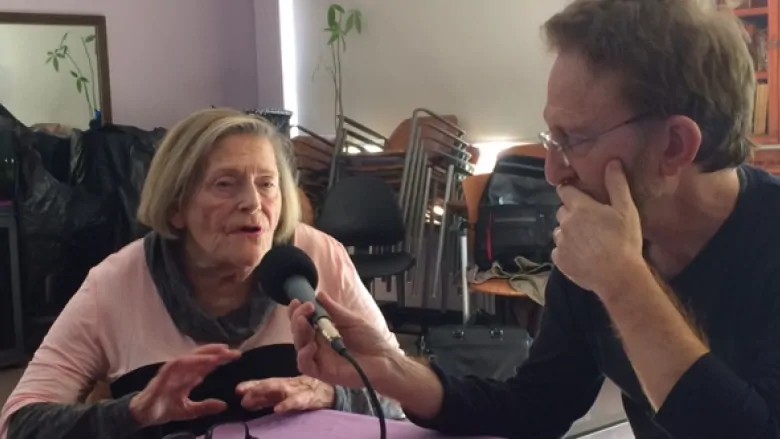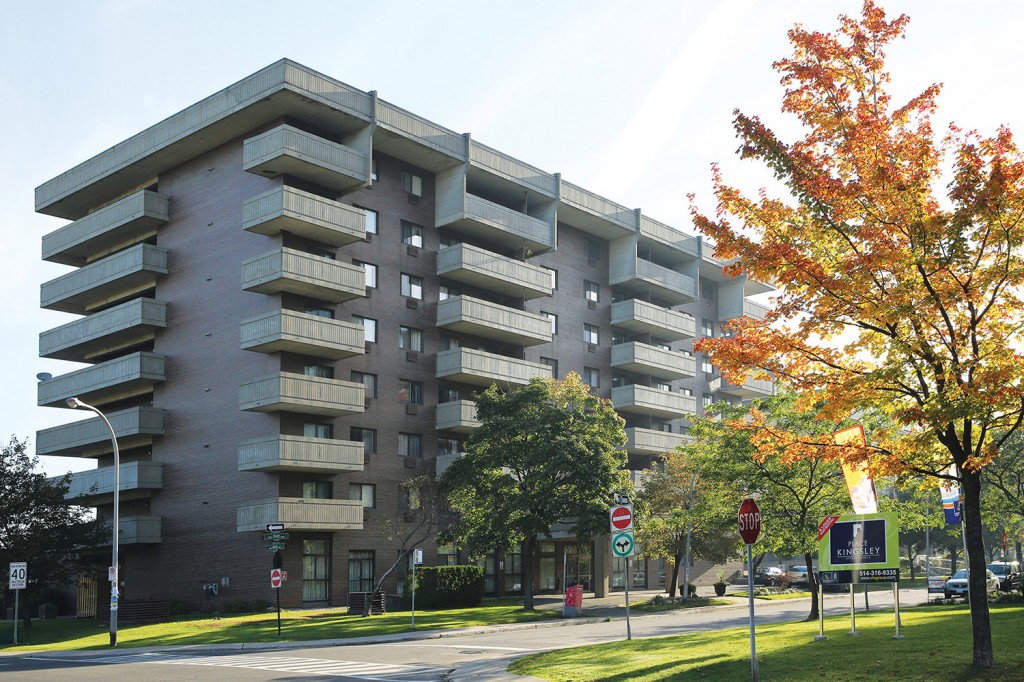
05 Oct Seniors Tell Us What It’s Really Like to Live in Public Long-term Care
This article by Dr. Brian Goldman, originally published on Dec. 15, 2017, sites hardship that seniors have to encounter once placed in public long-term care facilities. This post contains excerpts from an interview with Sharron Cooke, a resident at Newmarket Health Centre outside of Toronto, and her friend, Devora Greenspon, 85, a resident at Extendicare Bayview in Toronto. Both are executive members of the “Ontario Association of Residents’ Councils“. Sharron is president. Devora is treasurer.
Dr. Brian Goldman: You seem like a happy go-lucky person here, were you always that way here?
Devora Greenspon: No, I was not. I was a very sad, despondent person. When I came in, I was a basket case. I was devastated. I left everything I knew: my apartment, my possessions, my treasures, and I got stuck in here, and I couldn’t walk.
(Regarding her temporary home while waiting for long-term care:) Talk about a lousy home. People were sick and they weren’t segregating them and they were letting them sit with the well residents in the dining room. And if they were sharing a room and one was sick, the other one would go to the dining room. Anyway, I ended up really sick. I ended up in the hospital for six weeks and then they brought me back here.
BG: Did you go straight from the hospital into long-term care?
DG: Yes.
BG: So you actually never spent another night in your own home … What’s that like?
DG: Terrible, horrible. I couldn’t move from my waist down — and for somebody who ran around and did all kinds of things, that day was very devastating when I realized, “Devora, you cannot walk. I guess you’ll have to get used to being in a wheelchair your entire life.”
Sharron Cooke: I ended up in long-term care almost nine years ago, but prior to that I was in [the] hospital for two years. I was there the last year waiting to come into long-term care. My husband died in 2005 and I ended up falling a couple of times. I was sick with pneumonia, and I ended up back and forth to hospital. But then I did fall and broke my leg, the top femur, and that was devastating; my kidneys failed …
BG: What was it like moving into long-term care?
SC: It was very hard. Like Devora said, I was devastated … I had to give my house up when my husband had his last stroke … I never got time to grieve. I really didn’t get back to my home. It’s tough.
[Last year] my heart stopped again. They were quick, and the home (Newmarket) supported me, so it was good to be in the long-term care. And with that support, I realized I had to accept my disability because I couldn’t walk, and the leg didn’t heal because they couldn’t do surgery.
I was on a hoyer lift. I couldn’t lift my head and the staff said, “You can do it. You can do it, you’ve got too much in there to give.” And I guess I just had to learn that.
BG: What are the challenges of being dependent on staff (whether bedridden or in a wheelchair)?
DG: I think the worst thing about being bedridden was I would have to wait for somebody to come and there had to be two people in order to go to the washroom. And sometimes you had a long wait because the staff … we don’t have enough staff for the residents.
BG: How would you feel knowing you had to wait for someone to provide these very basic necessities of life?
DG: You feel very frustrated. You get very frustrated and angry. It’s frustrating if you can’t go to the bathroom when you want to, and you have to wait 10 or 15 or 20 minutes. (Or) if you use the washroom and then maybe an hour later you have to use it again and someone — one of the personal support workers — comes in and says, “I just took you.” And that upset me.
SC: It’s very hard to be bedridden … I was bedridden for the two years in the hospital and I was bedridden when I first came to long-term care, but I have a pretty neat nurse that thinks she’s like my daughter. And she just said, “Look, you know, I want to get you going out of here.”
She said, “You want to get rid of all these tubes and this catheter?” I said, “Are you kidding?”
In the hospital they’re not willing to do that because it’s easier to treat somebody with a catheter and an IV bag than somebody who needs to keep going back and forth to the washroom.
And she said, “No, you’re here now. We need to help you get rid of this stuff.”
With their support I was able to get myself back. It took a few months … that’s a huge, huge feeling when you can finally get up and go to a washroom.
DG: Well, I always said I would go out and get drunk if I could go to the washroom by myself. *laughs* (She can now walk with a walker)
BG: People sometimes criticize long-term care homes with treating patients like children? How do you feel?
DG: I don’t like being talked down to. That bugs me, especially when they say, “It’s okay dear, I’ll help you dear.”
I am not your dear. I am not a child; I am an adult. I may be old, but I have feelings, and I don’t want to be treated like that.
BG: Do you get to do all the grown-up things you’d like to do?
DG: *laughs* Well, do you want me to be delicate? I’d better, right? No, actually, I do. I can. I have no problems. I go out when I want.
BG: How about romance? Do you have romance in your life?
DG: I miss that. Even just the cuddling.
BG: Should long-term care be a barrier to that if you wanted it?
DG: No, not at all. As a matter of fact on our survey — we get a survey once a year to fill out — there’s a question: Are you able to have sex?
SC: If you need to lock a door, ask for a key.
DG: Unfortunately, we can’t lock doors.
SC: Oh, certain ones you can. It’s actually in the Resident Bill of Rights.
BG: Do you feel you can speak up for yourself?
SC: [Yes] if you can speak up for yourself. But it’s the ones that can’t speak up for themselves: we can speak up for them by advocating for others … By us helping — peer support — that’s going to help long-term care.
DG: When I see someone not getting their food, and I know they can’t ask for it, I’ll call one of the girls over and I’ll say, “So-and-so is left in the hall and getting agitated.” I’ll find somebody or else I’ll try to push them myself. It’s really funny — you should see me push with the walker.
SC: They’re [the staff] doing the best they can. They’ve got to have more staffing. The way dementia is growing in long-term care homes they cannot expect staffing to do their job in the proper way — and without the emotions coming with it.
Living in long-term care, I do a lot of peer support and I know when you’ve got people with dementia on regular floors it’s so hard on the nurse when you’ve got palliative care, and you’ve got feeding tubes … they can’t possibly do all of this with one person.
(Extracted from: https://www.cbc.ca/radio/whitecoat/just-ask-seniors-tell-us-what-it-s-really-like-to-live-in-long-term-care-1.4450594)





Sorry, the comment form is closed at this time.